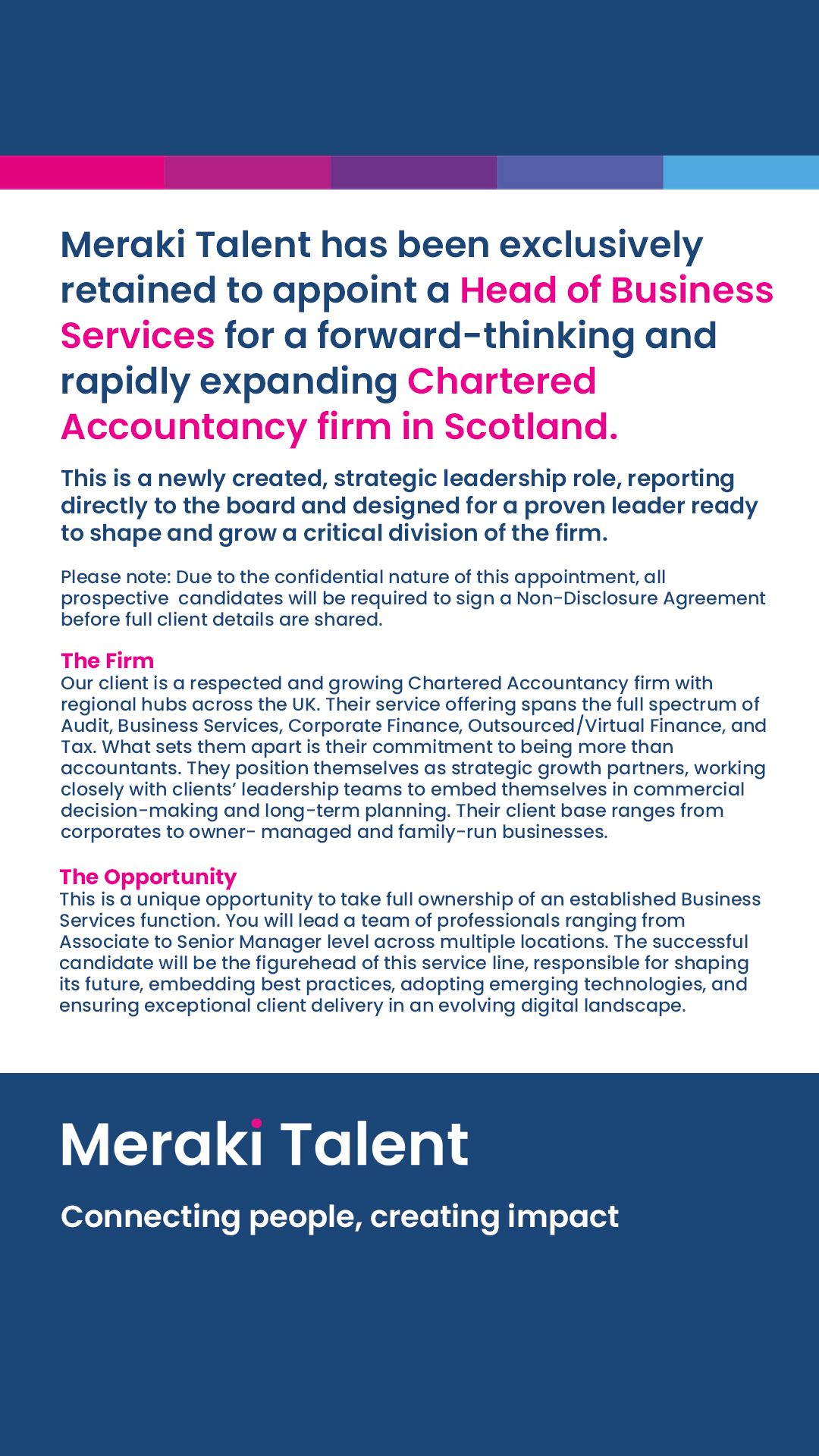Seeds of change
With major adjustments to the taxation of farming heading down the track, ICAS’ regular update on the sector is more essential than ever. Course leader Russell Cockburn outlines what attendees can expect on the day
Words: Fiona Nicolson

Seeds of change
With major adjustments to the taxation of farming heading down the track, ICAS’ regular update on the sector is more essential than ever. Course leader Russell Cockburn outlines what attendees can expect on the day
Words: Fiona Nicolson

Farming is different from other business sectors, and it’s soon to experience significant change. To support CAs with their knowledge of farming, diversification and renewables, ICAS, in partnership with BPP, is offering a half-day online course in October.
The course serves as an update on the taxation of farming in the UK, as well as a review of the major tax issues likely to be important to those in the sector and their professional advisers.
The session covers a range of related issues, starting with the definition and nature of farming and exploring areas such as business structures and incorporation, loss relief, capital allowances, diversification and the tax aspects of developing on-farm renewables. EU farm payments, capital gains tax, inheritance tax (IHT) and VAT are all on the agenda too.
“Farming is a specialist area and farming clients are different from other business clients,” says course presenter Russell Cockburn. “Most farmers don’t just see farming as a business – for them, it’s a way of life.”
He adds: “There are several pieces of tax legislation unique to the farming industry. Some are changing, and CAs with farming clients will need to be up to date with these changes.”
Cockburn’s knowledge, interest and expertise in the farming sector began when he joined HMRC (then called Inland Revenue) as a tax inspector. Based in the rural north of England, where agriculture is a hugely significant sector, he was encouraged to specialise in farm taxation. After seven years, he moved into corporate-tax management in the private sector. In 1989 he set up his own tax consultancy practice, which continues alongside his lecturing and training.
Hot topics
The main topic of the moment is, of course, IHT. Following the Chancellor’s announcement in the 2024 Budget of a 20% inheritance tax on agricultural and business assets worth over £1m, new legislation will be introduced in April 2026.
Cockburn observes: “Farmers have never really had to be concerned with IHT, as long as they carry on as an active partner in the business until death. But from next April, there is the potential that larger farming businesses will face IHT when someone dies.”
He says that although some farmers may be worried unnecessarily about this change, tax advisers should ensure they’re fully informed to be able to address their concerns. “Some of my farming clients and accountants that I deal with as a consultant are very concerned about the forthcoming changes,” he accepts. “They are keen to be updated, and have opportunities and issues highlighted for them, during this window between now and April.”
“Farms diversifying – by offering, for instance, bed and breakfast or campsite facilities – has been common for decades, but there are now many other areas farmers are being encouraged to move into”
Considering some of the other hot topics of the moment in addition to the IHT changes, Cockburn highlights tax issues relating to diversification: “Farms diversifying by offering, for instance, bed and breakfast or campsite facilities has been common for decades, but there are now many other areas farmers are being encouraged to move into.
“However, these introduce tax issues, as they may not fit very well with the specific tax legislation that farmers and their tax advisers currently have to get to grips with.”
Summing up, Cockburn adds: “The course takes the form of either a refresher or an introduction to the specific pieces of tax legislation that apply to farmers and the farming industry. We’ll take a look at how diversification affects the tax status of a farming business and the issues that arise from that.
“The course also includes a review of the forthcoming IHT changes, in terms of who it’s potentially going to impact, and how. Given that we have a window between now and 2026, we will consider planning actions that could be progressed to take advantage of the current favourable situation – and whether that might be a good idea, given that it could introduce other issues.
“We cover the whole spectrum of business tax issues as they affect farmers as well as other businesses. We also look at how best to advise on the basis of the current tax system and how to mitigate the impact of the forthcoming tax system, in a practical and realistic way.”
The format is interactive and encourages participation: “I’m very open to taking questions throughout the day,” says Cockburn. “It’s not an academic trot through tax legislation. We focus on what the law says and how it works in practice. This is a practical and relatable course.”
To request more information or to book a place on Farming, Diversification and Renewables please email our training partner BPP at ldicas@bpp.com or call 0330 060 3303
Farming is different from other business sectors, and it’s soon to experience significant change. To support CAs with their knowledge of farming, diversification and renewables, ICAS, in partnership with BPP, is offering a half-day online course in October.
The course serves as an update on the taxation of farming in the UK, as well as a review of the major tax issues likely to be important to those in the sector and their professional advisers.
The session covers a range of related issues, starting with the definition and nature of farming and exploring areas such as business structures and incorporation, loss relief, capital allowances, diversification and the tax aspects of developing on-farm renewables. EU farm payments, capital gains tax, inheritance tax (IHT) and VAT are all on the agenda too.
“Farming is a specialist area and farming clients are different from other business clients,” says course presenter Russell Cockburn. “Most farmers don’t just see farming as a business – for them, it’s a way of life.”
He adds: “There are several pieces of tax legislation unique to the farming industry. Some are changing, and CAs with farming clients will need to be up to date with these changes.”
Cockburn’s knowledge, interest and expertise in the farming sector began when he joined HMRC (then called Inland Revenue) as a tax inspector. Based in the rural north of England, where agriculture is a hugely significant sector, he was encouraged to specialise in farm taxation. After seven years, he moved into corporate-tax management in the private sector. In 1989 he set up his own tax consultancy practice, which continues alongside his lecturing and training.
Hot topics
The main topic of the moment is, of course, IHT. Following the Chancellor’s announcement in the 2024 Budget of a 20% inheritance tax on agricultural and business assets worth over £1m, new legislation will be introduced in April 2026.
Cockburn observes: “Farmers have never really had to be concerned with IHT, as long as they carry on as an active partner in the business until death. But from next April, there is the potential that larger farming businesses will face IHT when someone dies.”
He says that although some farmers may be worried unnecessarily about this change, tax advisers should ensure they’re fully informed to be able to address their concerns. “Some of my farming clients and accountants that I deal with as a consultant are very concerned about the forthcoming changes,” he accepts. “They are keen to be updated, and have opportunities and issues highlighted for them, during this window between now and April.”
“Farms diversifying – by offering, for instance, bed and breakfast or campsite facilities – has been common for decades, but there are now many other areas farmers are being encouraged to move into”
Considering some of the other hot topics of the moment in addition to the IHT changes, Cockburn highlights tax issues relating to diversification: “Farms diversifying by offering, for instance, bed and breakfast or campsite facilities has been common for decades, but there are now many other areas farmers are being encouraged to move into.
“However, these introduce tax issues, as they may not fit very well with the specific tax legislation that farmers and their tax advisers currently have to get to grips with.”
Summing up, Cockburn adds: “The course takes the form of either a refresher or an introduction to the specific pieces of tax legislation that apply to farmers and the farming industry. We’ll take a look at how diversification affects the tax status of a farming business and the issues that arise from that.
“The course also includes a review of the forthcoming IHT changes, in terms of who it’s potentially going to impact, and how. Given that we have a window between now and 2026, we will consider planning actions that could be progressed to take advantage of the current favourable situation – and whether that might be a good idea, given that it could introduce other issues.
“We cover the whole spectrum of business tax issues as they affect farmers as well as other businesses. We also look at how best to advise on the basis of the current tax system and how to mitigate the impact of the forthcoming tax system, in a practical and realistic way.”
The format is interactive and encourages participation: “I’m very open to taking questions throughout the day,” says Cockburn. “It’s not an academic trot through tax legislation. We focus on what the law says and how it works in practice. This is a practical and relatable course.”
To request more information or to book a place on Farming, Diversification and Renewables please email our training partner BPP at ldicas@bpp.com or call 0330 060 3303
ADVERTISEMENT







